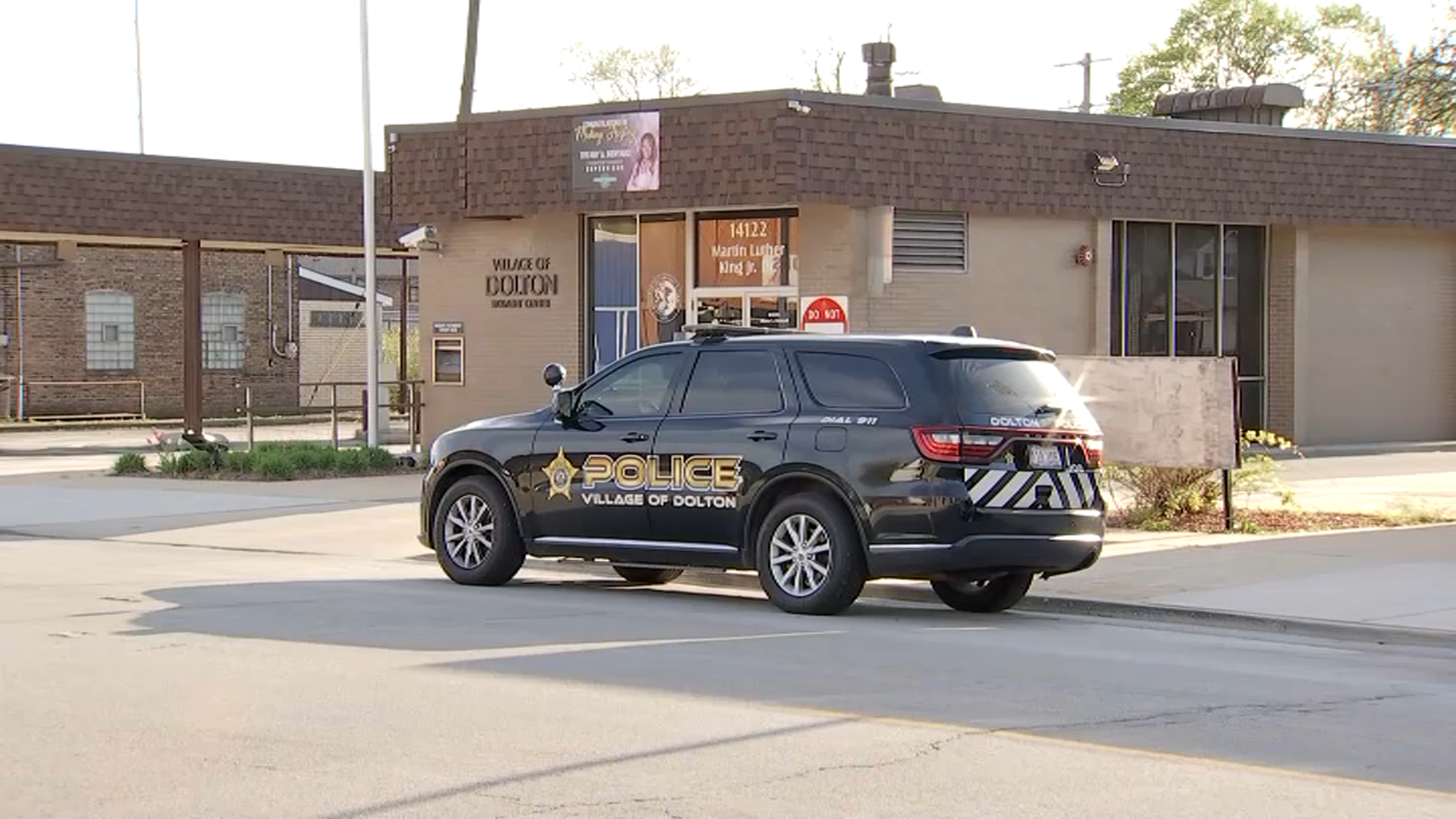With fears of a potential recession on the rise, many might be wondering how to best prepare as inflation rates and rising gas prices continue to hit many American homes hard.
For those looking to buy a home, take out a new loan or buy a new car, Phillip Shaw with the Goldstone Financial Group said you might want to think again.
"Buying a car right now may be one of the most expensive things you can do because you are not going to have a deal on it," he said.
Fear swept through financial markets Thursday, and Wall Street tumbled as worries roared back to the fore that the world’s fragile economy may buckle under higher interest rates.
Feeling out of the loop? We'll catch you up on the Chicago news you need to know. Sign up for the weekly Chicago Catch-Up newsletter here.
The S&P 500 fell 3.3% in a widespread wipeout to more than reverse its blip of a 1.5% rally from a day before. Analysts had warned of more big swings given deep uncertainties about whether the Federal Reserve and other central banks can tiptoe the narrow path of hiking interest rates enough to get inflation under control but not so much that they cause a recession.
The Fed is “not trying to induce a recession now, let’s be clear about that,” Fed Chair Jerome Powell said.
The U.S. economy is still holding up, driven in particular by a strong jobs market. Fewer workers filed for unemployment benefits last week than a week before, a report showed on Thursday. But more signs of trouble have been emerging.
Local
On Thursday, one report showed homebuilders broke ground on fewer homes last month. Rising mortgage rates resulting directly from the Fed’s moves are digging into the industry. A separate reading on manufacturing in the mid-Atlantic region also unexpectedly fell.
While inflation is grabbing headlines and causing price increases on everything from fuel to food, the possibility of a recession is causing fears among politicians and consumers.
"The picture is plain to see," Powell said. "The labor market is extremely tight and inflation is much too high."
So how can you best prepare for the future, no matter which way things turn?
1. Get rid of high-interest credit card debt
Shaw recommends eliminating any high-interest credit card debt and paying off balances as soon as possible.
"This is the single biggest drag on a household," he said. "If you have credit card debt, especially with rising interest rates, you are going to see those rates that you are paying for the credit cards go from 18% to as much as 22-24%."
CNBC Senior Personal Finance Correspondent Sharon Epperson agreed.
“The number one focus for most people should be on eliminating as much debt as possible,” she said. “As we’re seeing interest rates increase, that means the rate you’re paying on your credit card, the rate that you’re paying on your debt and on what you’re borrowing is going to increase. So you want to get rid of as much of that as possible.”
2. Increase Your Savings Stockpile
Think about building a savings stockpile by cancelling a vacation or putting off an expensive renovation project, Shaw said.
"It's building up your cash reserves, making sure you get rid of things you don't need right now," he said.
Shaw added that those who have the cash, however, should consider looking for investment bargains.
Still, while planning for the future is always key, Epperson says that focusing on the here-and-now is key before embarking on any long-term strategies.
“What are your goals for right now,” she said. “You got to get the rent paid, you gotta make your car payments, you have to make sure that there’s food on the table (and) that you can provide for everyday living expenses.”
3. Get a Side Hustle
With a record number of job openings and rising wages, experts said now may be the time to get a second job and boost your savings or income.



